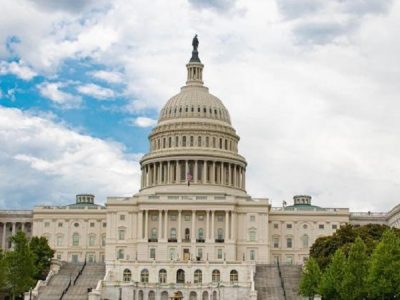
Bend, OR — Lottery winners in Oregon will soon be able to remain anonymous under a newly passed bill that also seeks to dismantle a controversial practice involving the resale of winning tickets to avoid garnishments and exploit tax deductions.
House Bill 3115 passed the Oregon Senate on Tuesday by a 23-5 vote after nearly unanimous support in the House. The legislation now heads to Governor Tina Kotek’s desk for approval. If signed, it would make Oregon the latest state to allow anonymity for lottery winners—something currently prohibited in 23 states. If the governor takes no action, the bill will automatically become law 91 days after the legislative session ends. A veto would require a two-thirds majority in both chambers to override.
While the provision allowing winners to keep their identities private has drawn public interest, lawmakers emphasized that the bill’s primary goal is to end the underground market of discounted lottery ticket sales. According to The Oregonian, a cottage industry has developed in which individuals buy winning tickets at a reduced rate—typically 50 to 80 cents on the dollar—and then redeem them for full value.
This practice, lawmakers argue, allowed sellers to avoid state garnishments for outstanding debts such as unpaid child support. At the same time, buyers often claimed the ticket purchase as a business expense, reducing their taxable income. HB 3115 would ban such deductions and effectively shut down the resale scheme.
“This legislation ensures that lottery proceeds serve their intended purpose, without being undermined by tax avoidance strategies or loopholes,” said one lawmaker during floor debate.
The bill makes a distinction for lower-value lottery prizes, which can still be redeemed at retail outlets like convenience stores. These smaller transactions are exempt from the new restrictions.
Supporters of the anonymity clause argue that publicizing winners’ names can put them at risk of harassment, fraud, or even physical danger. “People should be able to enjoy their good fortune without becoming targets,” said a state senator who voted in favor of the bill.
If signed into law, the bill would mark a significant shift in how Oregon handles both lottery transparency and tax compliance—two issues that have drawn increasing scrutiny as jackpots and revenues continue to climb.












